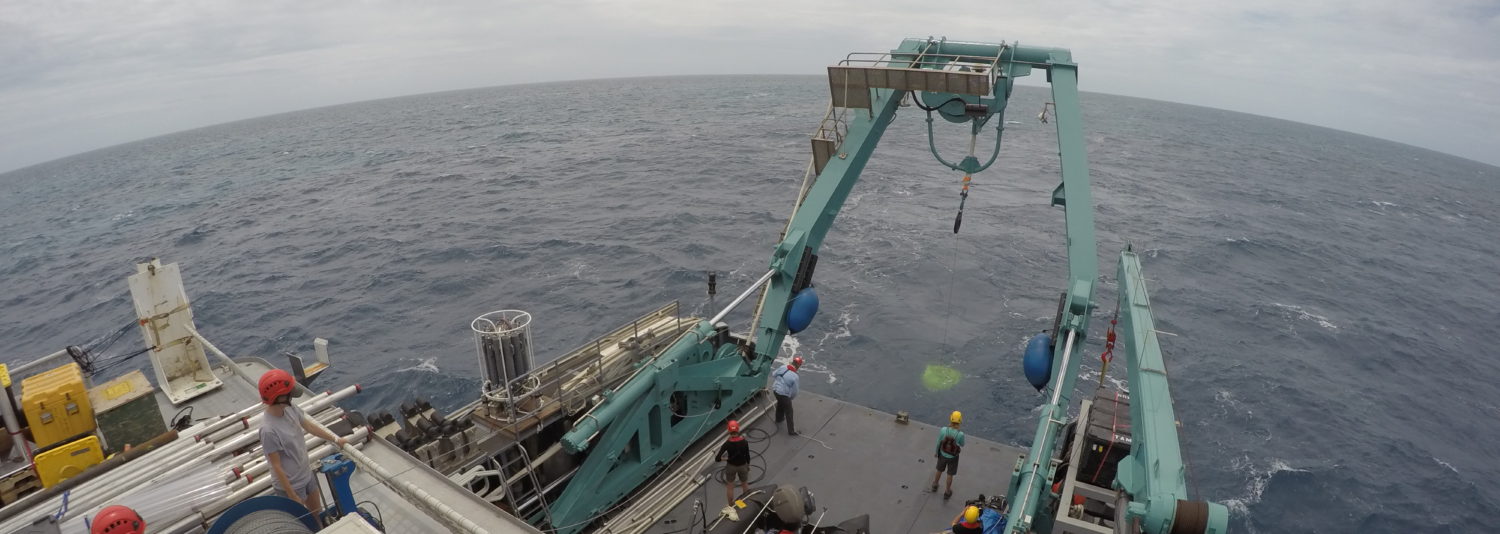Geoscience Classes:
GEO-SCI 103: Intro Oceanography
The natural processes of the ocean, including earthquakes and volcanoes, the hydrologic cycle, weather, ocean circulation, the global energy balance, the carbon cycle, biodiversity, marine food-webs, coastal dynamics and human impacts.
GEO-SCI 445: Sedimentology
Basic principles governing the erosion, transport, and deposition of sediments, with applications for understanding modern sedimentary environments and preserved sedimentary records.
GEO-SCI 557: Coastal Processes
Governing processes in the coastal zone including sea level change, tides, waves, storms, coastal geomorphology, and estuarine dynamics. Student are taught common computer coding techniques focused to time series analyses on modern tide gauge, wave buoy, and other moored observations from coastal and estuarine environments. This is an upper level course for graduate students and advanced undergraduates.
Geography classes:
GEOG 110: Intro to Climate Science
The past, present, and future of global climate and environmental change. The fate of the climate system should be of interest to everyone; we will experience effects of climate change throughout the rest of our lives.
GEOG 354: Climate Dynamics
The origin, composition, and structure of the atmosphere and oceans. The course is divided into a series of concept modules and associated learning objectives that are observable and measurable. This course examines fundamentals of the earth’s energy balance, the general circulation of the atmosphere and oceans, and the hydrological cycle. It explores the physical basis behind climate change and its effects on society.
GEOG 426/626: Remote Sensing and Image Interpretation
This course introduces the fundamentals of remote sensing. Class lectures will focus on a range of concepts and techniques, key to understanding how remote sensing data are acquired, displayed, restored, enhanced, and analyzed. The hands-on computer labs will practice image processing using software ENVI. Topics include remote sensing principles, aerial photography, image interpretation, major remote sensing systems, image display and enhancement, information extraction, accuracy assessment, and remote sensing in environmental research and applications.



